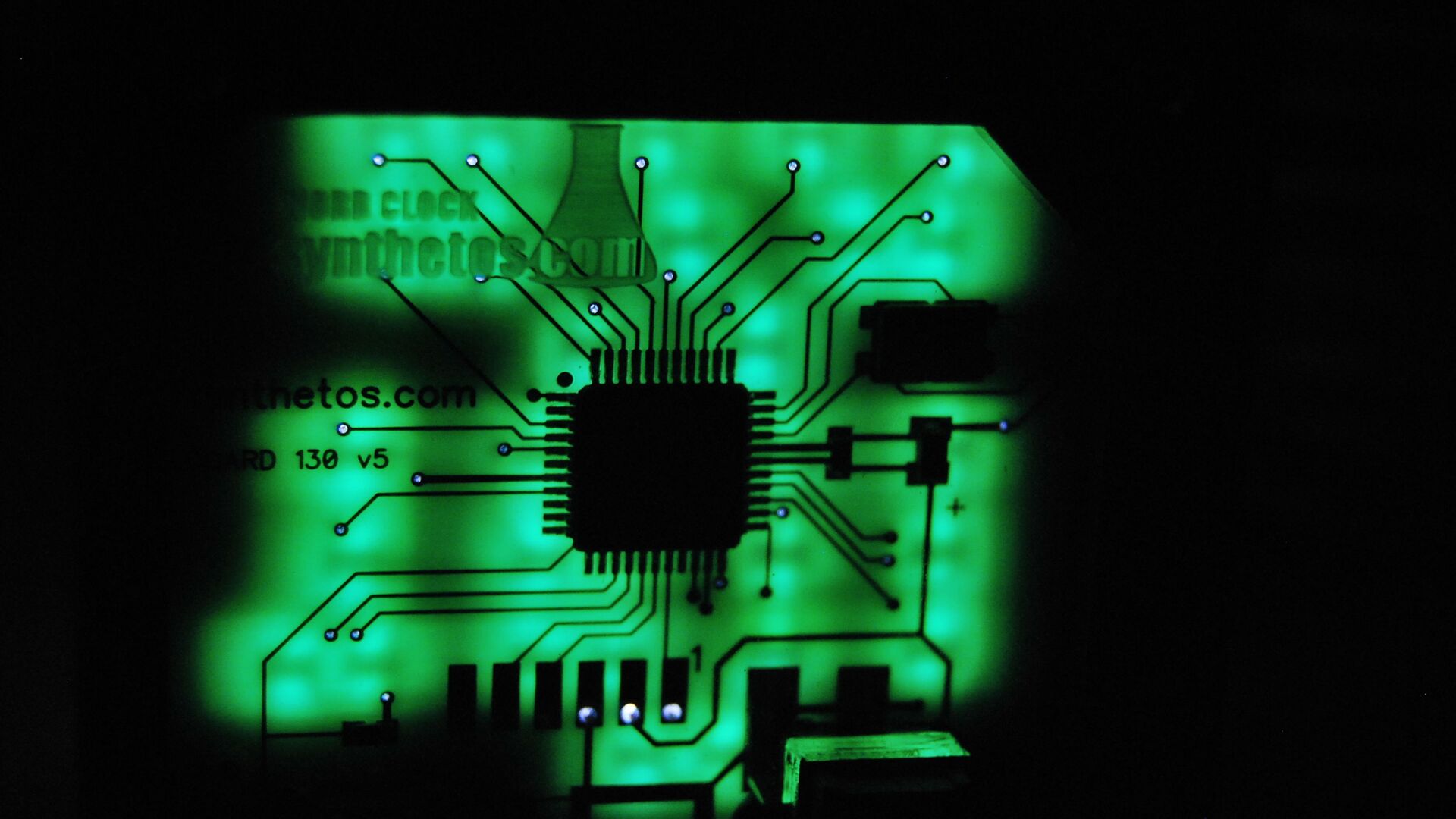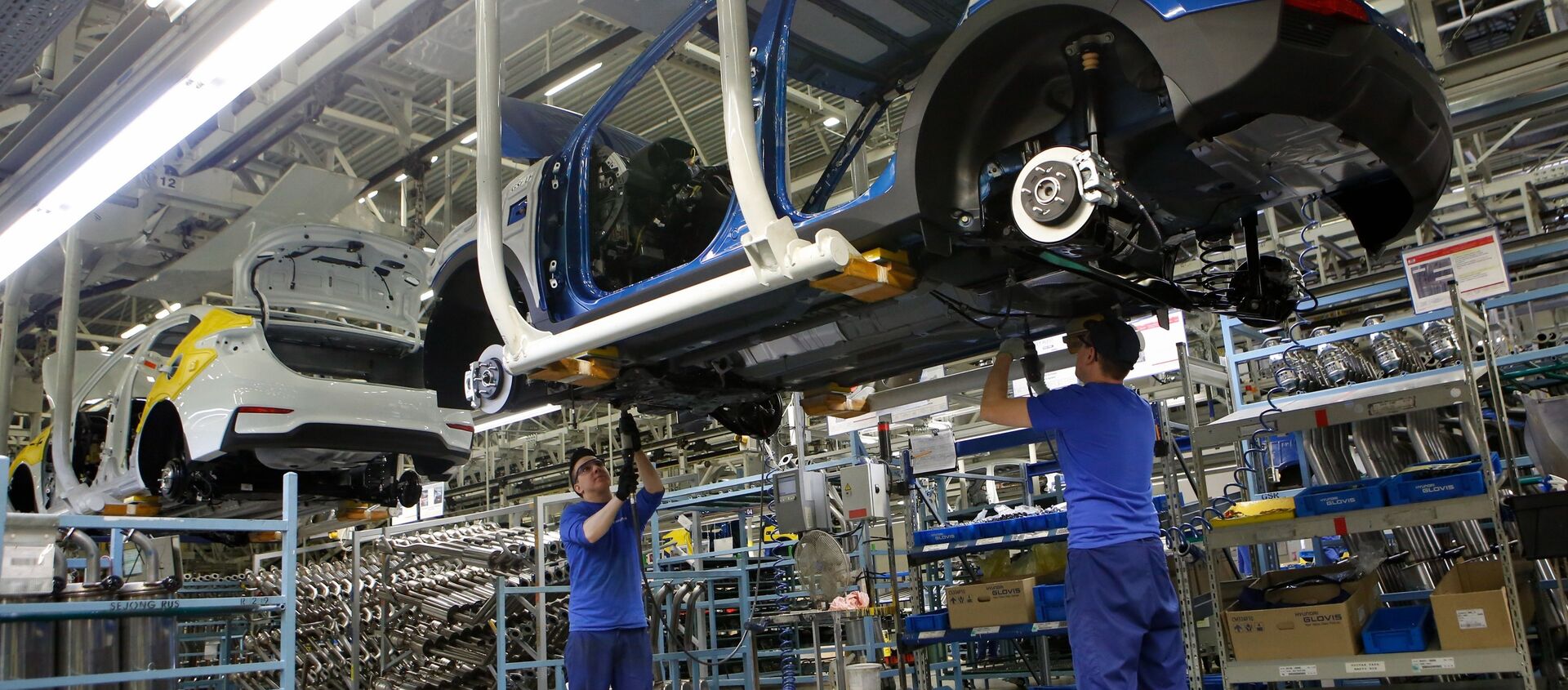The United States is treating the global chip shortage as a national security issue, White House Spokeswoman Jen Psaki has announced.
"I will say there are a number of steps that we believe we can take as a federal government. We believe there needs to be a wholistic, long-term, across government approach," she said, speaking to reporters in Washington on Monday.
Psaki indicated that the planned "semiconductor summit" meeting at the White House later on Monday, where the problem would be discussed, was not expected to lead to any immediate decisions on how to tackle the shortage, but noted President Joe Biden would like to speak with representatives of corporations which have been impacted. "This isn't a meeting where we expect a decision or an announcement to come out of," she specified.
The spokeswoman added that the White House supports $50 billion in new spending on semiconductor manufacturing and research, and pointed to other initiatives by Congress to pour tens of billions of dollars' more into efforts to try to tackle the problem.
"We need to work closely with industry, we need to work closely with Congress, Democrats and Republicans - there's agreement on this issue, being one that's impacting industries across the country, also with allies and partners in how we can prevent this shortage from happening in the future," Psaki said.
What Caused the Great Global Chip Shortage?
Observers say a range of factors are to blame for the computer chip shortage, which plagued a range of industries in 2020 and was exacerbated in 2021.
"In the past few years, the US has imposed three [rounds] of sanctions on Huawei, undermining our company, and the damage has been felt. But at the same time it's hurting the global semiconductor industry even more as such sanctions have disrupted the trust relationship in the industry. More and more countries and regions have to think about supply security," Xu explained.
The chip shortages have already caused major disruptions. Last week, South Korean automaker Hyundai Motor Co announced that it would halt vehicle production at its Asan plant due to the shortage of chips for its cars. The plant in question produces about 300,000 cars per year. The company had announced a month earlier that it would be halting production at its Ulsan factory. Other automakers, including Ford, Honda, General Motors, and Russia's AvtoVaz have been hit by similar shortages, causing either shutdowns or reduced production.
Major chipmakers in Asia, the US, and Europe have announced a series of measures in recent months aimed at increasing domestically-sourced chips in a bid to both grow supplies and increase self-sufficiency. However, some observers, including Huawei's Xu, have warned that such tech jingoism could lead to higher costs and suggested that's what's needed now is for global trust and industry cooperation to be restored.





